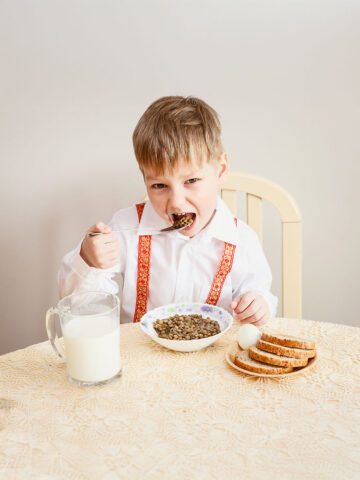By Shonda Brown, RD, CNSC, CSP, clinical dietitian at CHOC
Water is the most essential nutrient for athletes, yet it’s often forgotten when discussing adequate nutrition for physical activity and improving sports performance.
Adequate fluid intake provides multiple advantages to an athlete, including decreased perceived effort, decreased heart rate, decreased core temperature and increased performance.
Check out some answers to frequently asked questions about sports hydration:
Q: What should athletes drink to optimize hydration?
A: Water is an appropriate beverage choice for children and adolescents who participate in recreational activities or low intensity sports. However, for young athletes who engage in prolonged and/or vigorous physical activity, a sports electrolyte drink is recommended.
Carbohydrate-containing beverages aid the absorption of water, and provide a fuel source for intense activity. The sodium content in these beverages helps replace what is lost in sweat. This becomes very important for those athletes exercising for more than two hours or for those who are heavy, salty sweaters.
Q: What’s the difference between energy drinks and sports drinks?
A: Varying widely in their nutrient content, energy drinks may contain zero grams of carbohydrates or up to 160 percent of the recommended concentration of carbohydrates for proper rehydration. High concentration of carbohydrates can lead to slow gastric emptying and therefore impede hydration during exercise.
Energy drinks are not regulated by the Food and Drug Administration. Also, the content and purity of energy drinks have no guarantee and the American Academy of Pediatrics, as well as the National Federation of State High School Association, discourage their use in youth.
Sport drinks are formulated to replace fluid and electrolytes lost through sweat during exercise. They often contain carbohydrate, sodium and other electrolytes. Sports electrolyte drinks should contain 14 to 19 grams of carbohydrates and 110 to 165 milligrams of sodium per 8 fluid ounces.
Q: How much fluid is recommended for young athletes?
A: Athletes have varying sweat rates and therefore require different fluid and electrolyte intakes to optimize hydration and sports performance. Environmental factors, clothing and equipment, training adaptations and age all affect an athlete’s sweat rate.
Athletes should not rely on thirst as an indicator of when to drink fluids, as thirst is not stimulated until dehydration has already occurred.
Some general recommendations are to consume
- 16 to 20 fluid ounces of fluid two to three hours before exercise
- An additional 5 to 10 fluid ounces of water or a sports drink 10 to 20 minutes prior to exercise
- 5 to 10 fluid ounces of water or sports drink every 15 to 20 minutes during exercise
- 16 to 24 fluid ounces of a sports drink or water (with a salty snack) for each pound of weight lost during exercise
Q: How does an athlete know if they are appropriately hydrated?
A: Check the color of urine during an athlete’s first morning void. If the color looks like lemonade, then the athlete is appropriately hydrated. If it appears more like apple juice, the athlete is not consuming adequate amounts of fluid during the day. Also, try weighing the athlete right before and after exercise. The change in weight is due to fluid loss. More than 1 percent weight loss can negatively affect sports performance.
Q: Can an athlete consume too much fluid?
A: An athlete can over-hydrate or consume high amounts of water without proper sodium replacement, which puts the body at risk for hyponatremia. If an athlete weighs more after exercise than before, then the athlete is consuming too much fluid.
Hydration Tips
- Pack a water bottle to school
- Consume fluids throughout the day to produce a light-colored (lemonade color) urine prior to exercise
- One gulp equals approximately 1 ounce of fluid. Train children to take five gulps during a water break
- Consume a salty snack after a workout. This not only helps retain fluid consumed but also promotes thirst and drives athletes to drink more fluid
- Infuse water with lemon, herbs or fruit to make drinking water throughout the day fun and enjoyable
- Weigh a child before and after exercise to see if she is consuming adequate fluid
- Parents should provide sports electrolyte drinks for young children who are exercising outside on a very hot day or are engaged in prolonged activity
Learn more about CHOC’s Clinical Nutrition and Lactation Services.





